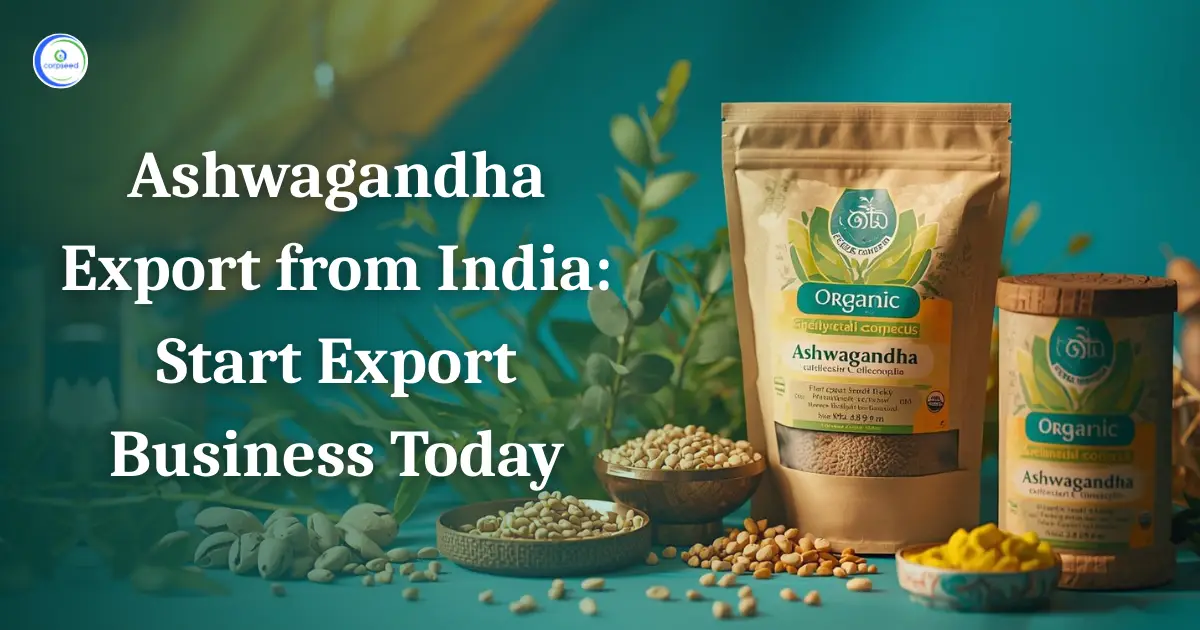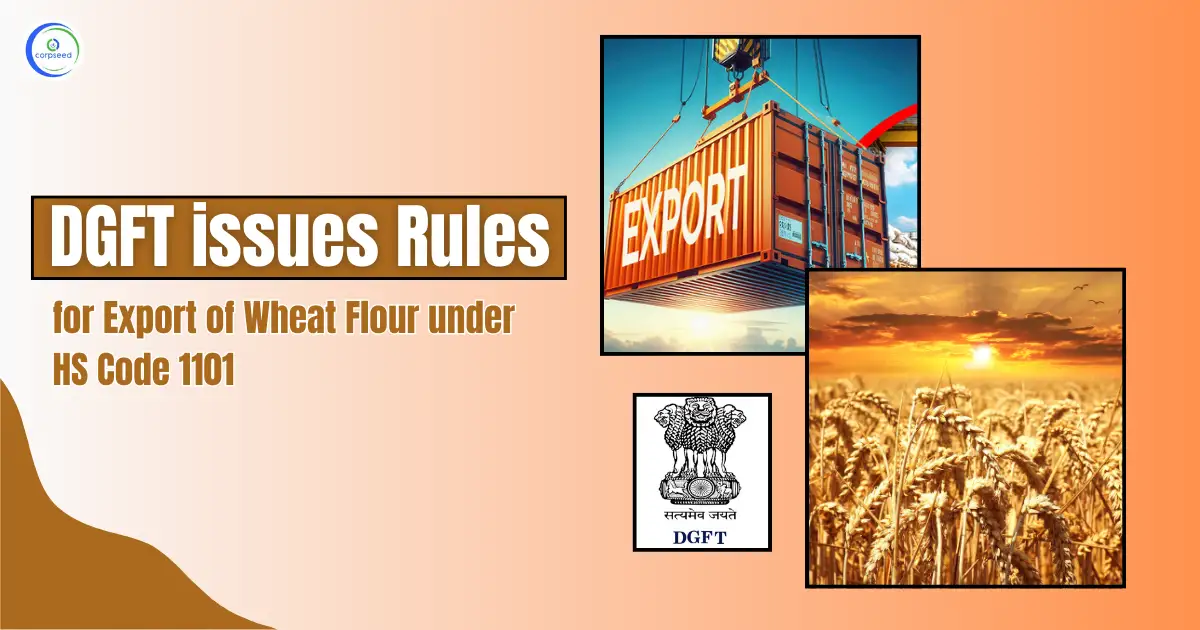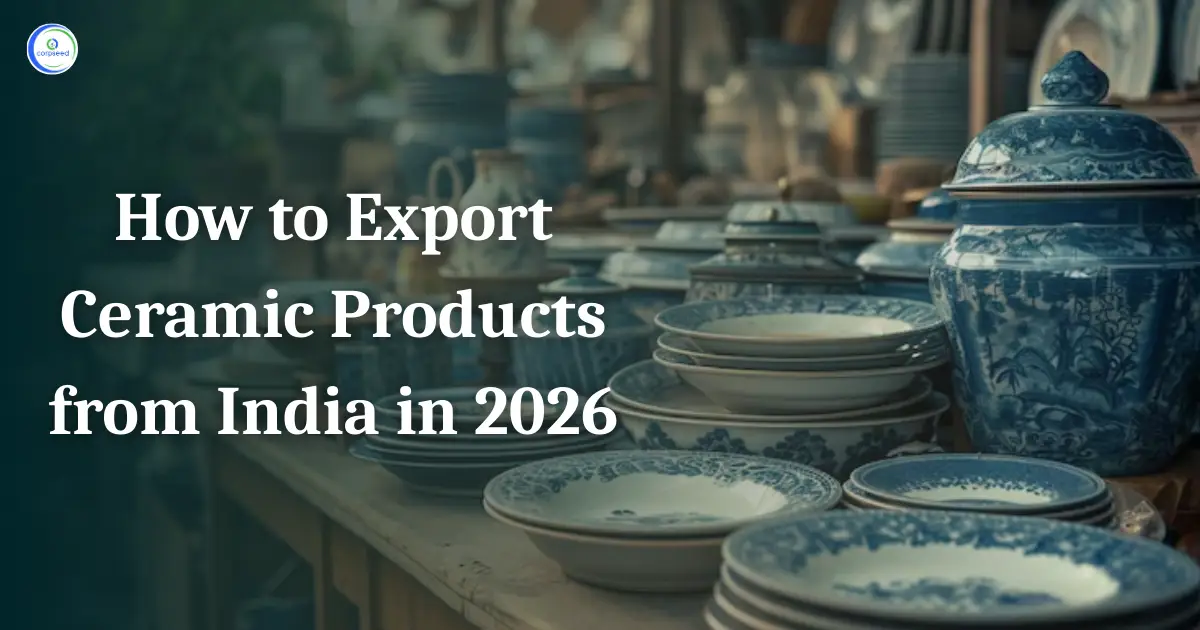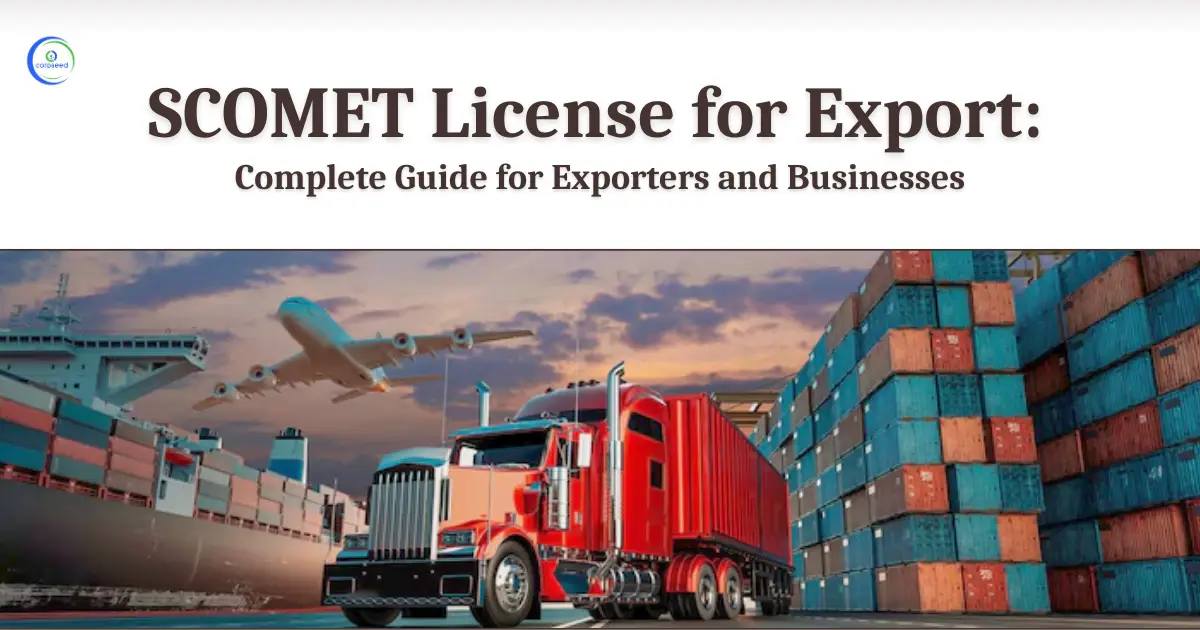Introduction: Bonded Manufacturing
Bonded Manufacturing allows the manufacturers to save customs duty on the imports of raw materials and other capital goods. This relaxation is only provided if they follow certain conditions regarding the utilisation of these raw materials and goods processed through them. The Central Board of Indirect Taxes and Customs (CBIC) regulates and implements policies for customs activities. The guidelines issued by CBIC regarding the implementation of Bonded Manufacturing prescribe the waiver of customs duty and IGST (Integrated Goods and Service Tax) on imports for manufacturing, assembling or processing. Let’s explore the in-depth procedure to avail GST & Customs Duty benefits through Bonded Manufacturing.
Table of Contents
- Introduction: Bonded Manufacturing
- Need for Bonded Manufacturing
- Authorities Involved in Bonded Manufacturing
- Documents Required to Avail GST & Customs Duty Benefits under Bonded Manufacturing
- How to Get GST and Customs Duty Benefits from Bonded Manufacturing?
- Compliance Under Bonded Manufacturing
- Conclusion
--------------Blog Contact Form-------------
Need for Bonded Manufacturing
The Government has policies to not charge customs duty and GST on products that are imported but not consumed in the country. These products are mostly the raw materials that are used in the manufacturing process or capital goods like machinery and components. Import duty on these products is applicable but if these are imported only for manufacturing or any other kind of processing then the import duty and GST are not applicable under the Bonded Manufacturing Scheme.
Companies can avail GST & Customs Duty benefits under the bonded manufacturing scheme in many ways. Foreign companies can set up their subsidiary for product manufacturing, assembling and processing. Indian companies can also start a joint venture to undertake the manufacturing business of foreign companies. In these cases, the import duty on the raw material import will not be levied. However, there are some exceptions which are discussed further.
Read Our Blog: What is bonded manufacturing?
Authorities Involved in Bonded Manufacturing
The permission to establish a bonded warehouse and undertake manufacturing and other related activities is provided by the Central Board of Indirect Taxes and Customs (CBIC). This body works under the Department of Revenue which is a part of the Ministry of Finance in the Government of India. The CBIC provides all approvals for the bonded manufacturing unit and bonded warehouse setup. It also provides permissions to undertake various business activities including the manufacturing and processing of raw materials, assembling of raw components etc.
Documents Required to Avail GST & Customs Duty Benefits under Bonded Manufacturing
You can start bonded manufacturing only after getting a licence from the Central Board for Indirect Taxes and Customs (CBIC). For this, you need to submit an application with all the required documents for permission from the CBIC. The necessary documents for getting a licence to start bonded manufacturing are as follows-
- Application For Licence
- Site Plan
- Lease Deed
- NOC From Owner
- PAN Card Copy
- Aadhar Card
- Bank Solvency Certificate
- Undertakings
- ID Proof Of Directors
- Certificate Of Incorporation
- List Of Directors
- Board Resolution
- General Continuity Bond
- Indemnity Bond
- Fire Fighting Installation
- Insurance
- ITR and Balance Sheet
- Memorandum & Articles
- Appointment Letter Of Warehouse Keeper
- Work Experience Certificate Of Warehouse Keeper
- Importer Exporter Code
How to Get GST and Customs Duty Benefits from Bonded Manufacturing?
The step-by-step process to start a bonded manufacturing unit or warehouse and avail GST & Customs Duty benefits as prescribed by the CBIC are as follows-
- Filing of Application
You need to file an application in the given format. The application will contain the details about the nature of manufacturing to be undertaken by the manufacturer, particulars of all imported articles and the expected trade volume of finished goods.
- Evaluation of the Premises
Before the execution of the Bond under the Customs Act, the commissioner visits your manufacturing facility and ensures that you comply with the provisions as prescribed for a bonded manufacturing facility.
- Execution of the Bond
You must execute a bond under section 59 of the Customs Act as per the format. The physical copy of this bond needs to be submitted to your respective jurisdictional commissioner of customs.
- Issuance of Permission
When the commissioner is satisfied with the manufacturing premises, it provides permission to initiate manufacturing and other operations. These permissions include the specific manufacturing processes and conditions thereby if any.
- Manufacturing and Production of Finished Goods
Once the permission is granted by the jurisdictional commissioner, you can undertake the operations in your bonded manufacturing unit. It can be the manufacturing of imported raw materials, processing of raw materials, assembling of the components, packaging of imported products etc.
- Clearance of Finished Goods for Home Consumption
The manufacturers can clear the finished products after the manufacturing or other operations are completed on the raw materials. They can choose either to clear the goods for home consumption or export. The goods are cleared after the submission of a proper bill of entry in the specified format, the payment of import duties, penalties, rent, interest, and other related charges. After the compliances are fulfilled, the authorization for home clearance is issued by the appropriate officer.
- Clearance of Finished Goods for Export
To claim GST & Customs Duty benefits on the exports of finished goods under bonded manufacturing, the manufacturers need to follow certain procedures. The process includes the submission of a shipping bill or a bill of export in the specified format, the settlement of export duties, penalties, rent, interest, and other relevant charges. After the fulfilment of requisite compliance, the appropriate officer provides the authorisation for export clearance.
Compliance Under Bonded Manufacturing
When you are operating a bonded manufacturing unit after obtaining the licence for bonded manufacturing from the commissioner of customs, you have to comply with the conditions and compliances attached to the licence for bonded manufacturing. Some of the major compliances which manufacturers need to comply with are as follows-
- Keep careful records of when raw materials are imported, how they are dealt with, where they are put into the manufacturing facility, and when they are taken out of the facility for any purposes.
- You need to prepare records for every task performed or operation executed on the imported goods.
- If any sample is taken out from the goods imported under the bonded manufacturing scheme then you need to keep a record of these samples as well.
- You need to keep copies of relevant documents such as bills of entry, transport papers, forms for moving goods from the warehouse, shipping bills, export bills, and any other papers that show any transaction regarding the warehouse goods.
- Make sure to update all records and accounts correctly and keep them for at least five years after removing goods from the bonded manufacturing unit or the bonded warehouse.
- Keep digital copies of the updated records out of the facility to ensure safety and preserve the records in case of natural disasters.
- The manufacturers need to file the monthly returns regularly by the tenth of every month.
Conclusion
The process of bonded manufacturing in India allows manufacturers to save customs duty and GST on imports of raw materials and capital goods if specific conditions are met. The Central Board of Indirect Taxes and Customs (CBIC) oversees the implementation of these policies and grants permissions for the establishment of bonded manufacturing units. A detailed set of documents is required to obtain a licence for bonded manufacturing. The step-by-step procedure involves filing an application, evaluating the premises, executing of the bond, and obtaining permission to commence manufacturing activities. The clearance of finished goods for home consumption or export is subject to specific procedures and requirements set by the CBIC. Adhering to these guidelines enables manufacturers to enjoy the benefits of the bonded manufacturing scheme while ensuring smooth and lawful operations within the framework of Indian customs regulations.
This portion of the site is for informational purposes only. The content is not legal advice. The statements and opinions are the expression of author, not corpseed, and have not been evaluated by corpseed for accuracy, completeness, or changes in the law.
BOOK A FREE CONSULTATION
Get help from an experienced legal adviser. Schedule your consultation at a time that works for you and it's absolutely FREE.





_Corpseed.webp)


_Rules,_2025_Corpseed.webp)
